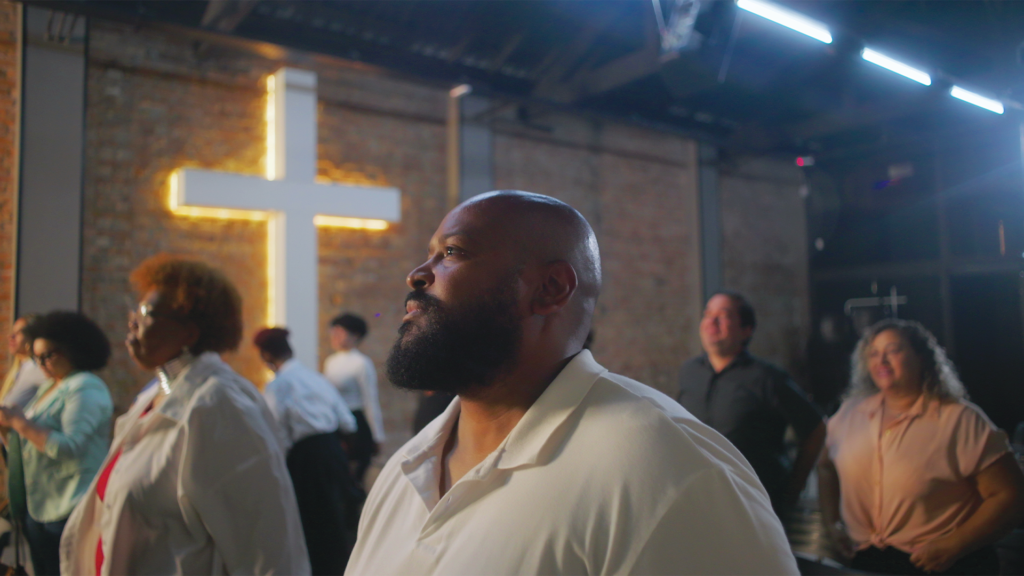The Queen of England, Elizabeth II, called 1992 her Annus Horribilis (horrible year). I felt similarly about the year 2006. Early in the year the language school where I was teaching closed its doors. While I lost my job, I gained a granddaughter. She was shipped down to me due to a crisis at home. I was given the sensitive task of settling a precious but traumatised adolescent into high school with everything totally new and strange to her. And this on meagre funds.
Five months into the year a very sick me was diagnosed with TB and put onto a treatment that was as severe as the sickness itself. All this while having to play “mum’s taxi” and all the other things that mums must do for a teenager settling into high school and needing to make new friends. I leave you to imagine the challenges I faced.
There was to be a family wedding at the end of the year. By then I was cured of TB but too physically and financially drained to join the family (including my, by now, smiling granddaughter) who trekked up north for the wedding. Although I was sad to miss the wedding, it was an immense relief to concentrate on my own need to catch my somewhat ragged breath.
But after a very quiet Christmas on my own while the family celebrated the wedding and the world celebrated the arrival of the year 2007, I knelt at my lonely bedside with my Bible open in front of me and had an “Elijah-under-the-broom-tree” moment. This intrepid prophet had stood “alone” on Mount Carmel and claimed a mighty victory for God, but physical exhaustion had confused the issues and raised unreasonable fears so he fled far into the wilderness, sat down under a broom tree and cried out, “’Lord, I have had enough! Take my life, I am no better than my forebears!’”
In times of weakness the enemy is very ready to remind us of past hurts and rejection, of our own faults and failings and inner fears. My own cry was something like: Lord, I’ve had enough! I’m not good at life. I don’t feel I’m really good at anything. I’m weak and useless . . . I am just a worm—a worthless worm.
I felt that I was spiralling down and I needed God to stop me from going further down. Blindly I paged through my Bible looking for words that would rescue me from my sense of despair. It was when I reached the book of Isaiah that my eye fell on the following unmarked passage:
Do not be afraid, O worm Jacob,
O little Israel,
for I myself will help you
declares the Lord, your Redeemer,
the Holy One of Israel (Isaiah 41:14).
My surprise was tinged with amusement. The Great I Am did not seem to object so much to calling Jacob (and now me) a worm; it seemed more important to Him to assure us that we did not need to be afraid of our diminished and helpless condition because He, our Redeemer, the Holy One who stands by His promises, is personally at our side to give us all the help we need.
I was deeply touched and totally reassured—ready to face the year ahead. And, as I explored my experience, I discovered in Scripture scores of people who, like me, had reached “wormy” moments: Yes, Elijah and Jacob but also King David, Job and even Saul on the Damascus Road who grovelled in the dust, a blind worm, asking meekly, “Who are you, Lord?”
I realised that it is not inappropriate for human beings to have moments of self-doubt, to squirm when we’re convicted of our sinfulness, to face how helpless we are against the onslaught of evil, to lose our sense of worth when we’re weak and sick. In that state of embryonic helplessness God can birth us to new possibilities. About 2600 years after Isaiah, an inspired woman expressed it like this: “Nothing is apparently more helpless, yet really more invincible, than the soul that feels its nothingness and relies wholly on the merits of the Saviour” (Ellen White, MH182).
It was at Easter that year that I reached the climax of this experience. As my thoughts focused on the cross, I turned to Psalm 22, that great Messianic Psalm. It begins with Jesus’ agonised cry, “My God, my God, why have you forsaken me? Why are you so far from saving me, so far from the words of my groaning?”
It is a Psalm that lays bare the innermost thoughts of Jesus—He expresses all that He feels as He hangs naked on a cruel cross. In verses 9-11 He talks with tender longing about His close bond with His Father: “It was you that took me out of the womb: you made me trust while I was still on my mother’s breasts . . . you are my God from my mother’s belly. Please don’t be far from me for trouble is near and there is no one to help” (Psalm 22:9-11).
His Father who has always been there for Him now seems to have abandoned Him. And Jesus knows why: steeped in the sins of all of us He is an object of horror, totally worthless, beneath anybody’s notice, let alone a Holy God. In despair He cries out:
“But I am a worm and not a man,
scorned by men and despised by the people.
All who see me mock me;
they hurl insults, shaking their heads in disgust” (Psalm 22:6,7).
Wonder O heavens and be astonished O earth! Our magnificent God knows what it is to feel like a worm!
Jesus permitted sin to diminish Him, to trample Him to death, but He died with a cry of victory, “It is finished!” (Psalm 22 ends with the words “He has done it!”); Jesus knew that He had completed God’s work of redemption. Sin was a conquered foe.
“He who descended is the very one who ascended higher than all the heavens, in order to fill the whole universe” (Ephesians 4:10).
Jesus, the perfect Saviour, is champion of His “frail, feeble children of dust!” In our moments of “nothingness” He enables us to stand invincible so that the gates of hell cannot prevail against us.
“How can I keep from singing His praise,
How can I ever say enough how amazing is His love!”1
1. Chris Tomlin, 2006, “How can I keep from singing”, See the morning.






